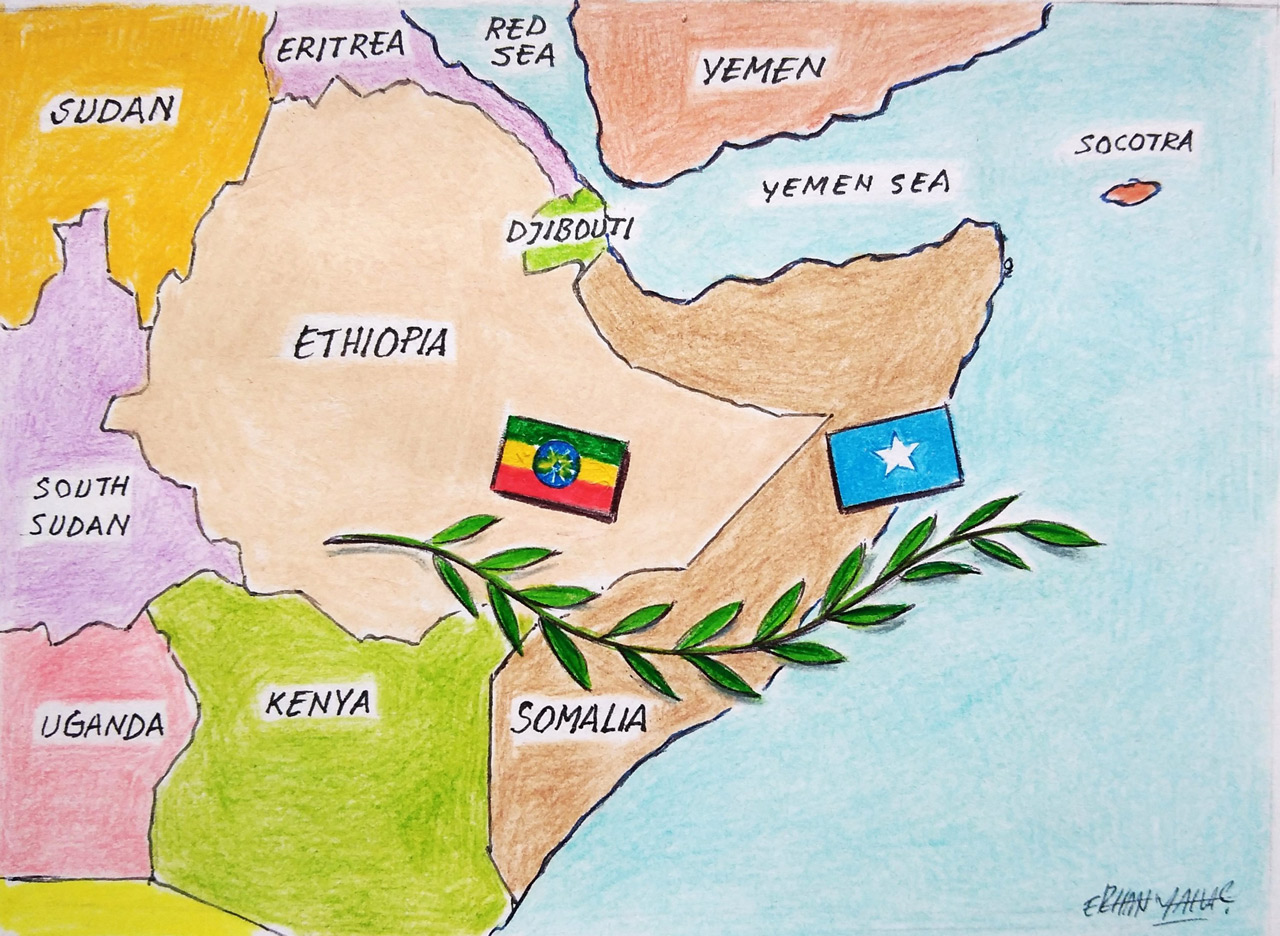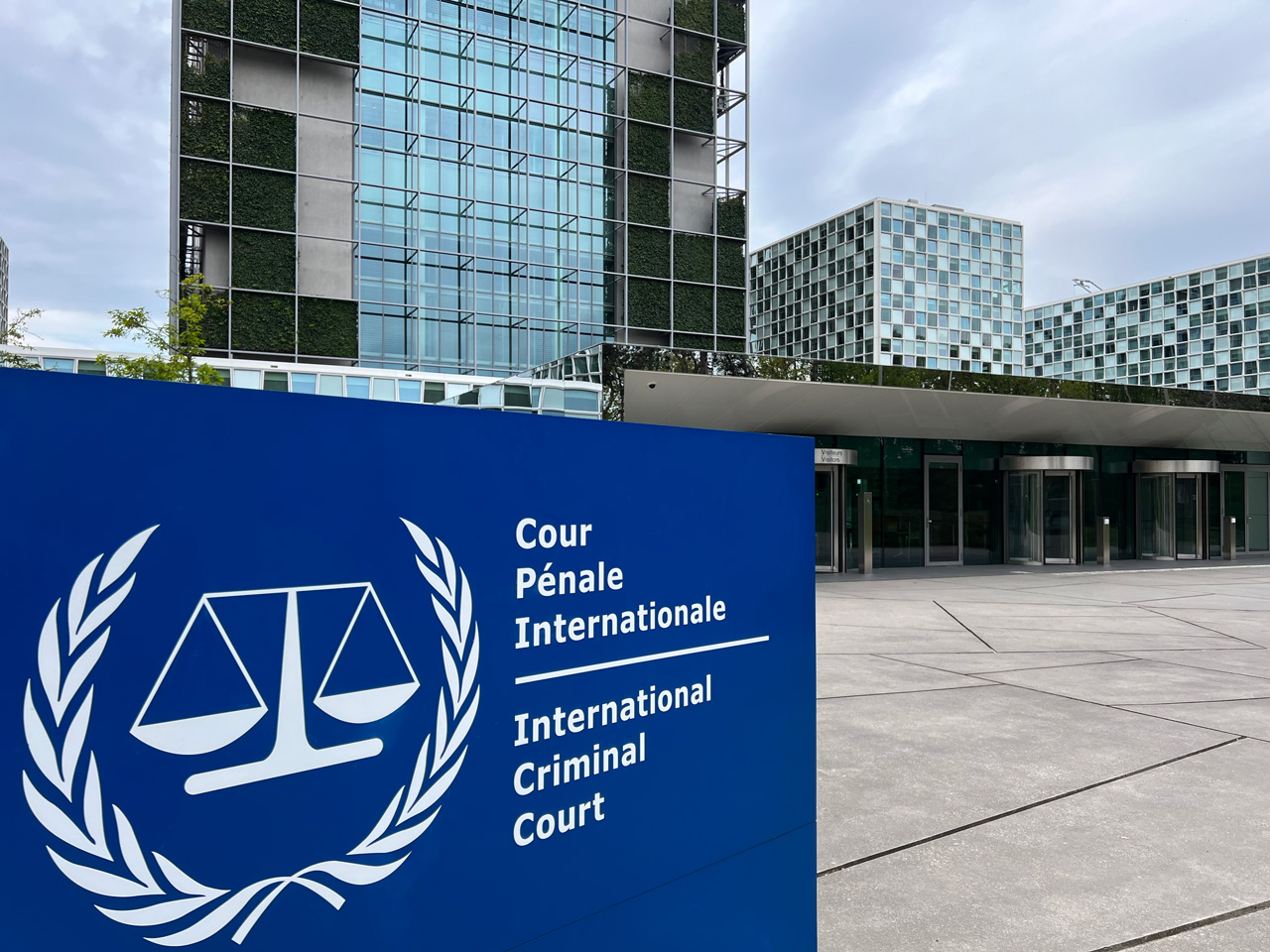
Time to Institutionalize Presidentialism
One key aspect of the chain of events that eventually culminated in Davutoğlu's departure is directly related to systemic anomalies in Turkey's current semi-parliamentary system.
Share
For ardent observers of Turkish politics, the historic press conference on Thursday during which Ahmet Davutoğlu announced that he would step down as prime minister and chairman of the incumbent Justice and Development Party (AK Party) just represented the realization of the inevitable. The AK Party extraordinary congress will convene on May 22, legally the earliest date possible, which was deliberately selected in order to ensure political and economic stability during the transition in leadership. Davutoğlu will not run again, handing his posts to a new candidate who will be expected to provide better coordination with President Recep Tayyip Erdoğan.
Contrary to attempted provocations in the domestic and international media to reflect the leadership transition in the AK Party as a domestic crisis or coup perpetrated by Erdoğan against Davutoğlu in view of personal enmity or a turf war, the episode represents the clear manifestation of an aggravated institutional deadlock. In a nutshell, it proved impossible for a politically strong and popularly elected president with relatively limited executive powers to coexist peacefully with a popularly elected prime minister who legally controls critical agencies in the economy, national security and foreign policy. Therefore, one key aspect of the chain of events that eventually culminated in Davutoğlu's departure is directly related to systemic anomalies in Turkey's current semi-parliamentary system. Therefore, the issue of constitutional reform toward a full or semi-presidential regime has acquired added urgency for the sustenance of politico-economic stability in Turkey.
Yet there are also crucial dynamics of political disagreement stemming from the respective political standings of the main actors with respect to key policy areas. To start with, over the course of the last decade and a half, Erdoğan has been the central figure holding the pulse of socio-political legitimacy in the Turkish political landscape as the founding leader of the incumbent AK Party. He maintained personal and moral authority over the central and local organizations of a vast political movement, which accomplished unprecedented electoral victories in Turkish political history and effectively marginalized the opposition in the democratic contest. It was Erdoğan who previously handpicked Abdullah Gül to become president in his place in 2007 and it was again Erdoğan again who indicated Davutoğlu was the most suitable candidate to assume the posts of party chairman and prime minister after his departure to the presidency in 2014.
Yet despite Erdoğan's personal gravitas and Davutoğlu's hard work ethic, it became clear within less than two years that the divided jurisdictional structure of the executive branch and confused perception of political legitimacy constituted a substantial barrier to effective governance. There emerged positional differences between the respective standings of Erdoğan and Davutoğlu with respect to critical issues such as the governance of anti-terrorism measures and the collapsed reconciliation process, management of the economy between stability and growth and attitudes on the EU and U.S. concerning foreign policy. The divided nature of policy formulating powers in the executive between the elected president and prime minister created an ambiguous state of affairs in the bureaucracy and considerably slowed implementation processes.
As an emerging economy with substantial development requirements, Turkey is in dire need of effective governance, swift policy formulation and robust implementation. Completion of comprehensive structural reforms in the economy; national education, judicial, health and local public administration systems require a clear expression of democratic legitimacy and executive powers in the top political position of the presidency. Therefore, it does not require great expertise to expect that the government's main agenda item for public opinion over the coming months will be the drafting of a new constitution that will officially end bureaucratic tutelage through some form of democratic presidential system. Davutoğlu's departure and his replacement with a low profile prime minister might be interpreted as a de facto transition to a presidential system, but the long-term performance of Turkey in democratic consolidation as well as socio-economic development requires a de jure and permanent solution through a new constitution.
[Daily Sabah, May 7, 2016]
Tags »
Related Articles






